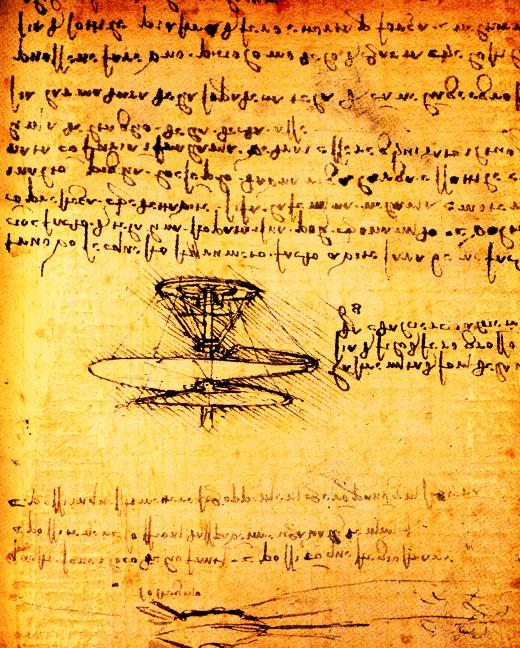At PracticalAdultInsights, we're committed to delivering accurate, trustworthy information. Our expert-authored content is rigorously fact-checked and sourced from credible authorities. Discover how we uphold the highest standards in providing you with reliable knowledge.
What are the Humanities?
The humanities are an extremely broad set of academic disciplines. The humanities can be defined essentially as "anything that isn't an empirical science." This encompasses the classics, history, languages, law, literature, performing arts, philosophy, religion, and visual arts. Some disciplines may be considered part of both the humanities and the sciences: for instance anthropology and linguistics. Most college graduates have their degree in one of the humanities.
A quick review of each of the main fields:

Classics is the study of the culture of classical antiquity, especially Ancient Greek and Roman civilizations. The classics historically had a very important place in the humanities. The "Renaissance" of the 14th through 17th centuries was so called because it was a revival and assimilation of classical Greek and Roman ideas which had been lost for centuries. The Renaissance also incorporated ideas and technologies from the Islamic Golden Age of the 8th - 13th centuries.

History, of course, is the study of the past, from the earliest writings in the 4th millennium BC to the history being created today. It may take less than a year for the "ink to dry" on a major event and have it be considered history. Of course, historical accounts may be biased. "Great man" theories of history, especially popular in the 19th century, overemphasized the contributions of single individuals to major historical events, rather than properly analyzing them in context.

Languages are a foundational area of studies in the humanities. Once, most educated persons were expected to be bilingual, especially requiring a familiarity with Latin, but as English becomes the dominant global language, the importance of studying language in the Western world has been deemphasized, but hardly discarded. Studying a language is mandatory in most public schools in the United States, for instance.

The administration and study of law, like many of the other humanities, goes back to the dawn of history. Law consists of the rules that regulate a society. In modern times, these are often chosen democratically through elected representatives. In most countries, the law is so complex that it requires specialists -- lawyers, legal scholars, and judges -- to understand it in any appreciable detail.

The performing and visual arts are an extremely ancient area of the humanities, likely dating back to the dawn of humankind, roughly 150,000 years ago, if not before. Most everyone is familiar with the arts -- they are ubiquitous. Films, paintings, dance, accessories and clothing, even interior decorations may all be considered types of art. Making a living producing art can be challenging, but the best artists are often widely revered and financially successful. Many argue that the interpretation of art is largely subjective, although there is clearly broad consensus in some areas.
Philosophy and religion are two areas of the humanities associated with discussions of metaphysics, ethics, epistemology (how do we know what we know?), and logic. Religion tends to appeal to supernatural or divine sources to the answers of these questions, while philosophy comes up with a number of alternatives. Philosophy and religion are sometimes at odds, as philosophers often try to answer questions formerly under the purview of religion from a secular angle. The study of religion, of course, also involves the culture and history of world religions.
AS FEATURED ON:
AS FEATURED ON:















Discussion Comments
@Scrbblchick -- I understand where you're coming from. Math and chemistry gave me hives. I barely passed Algebra I. I just couldn't understand it at all. Geometry was better, but I've had several math teachers tell me their students who struggled with Algebra I frequently did well in geometry, and vice versa. I can look at a cube and visualize a cube, for instance, but I can't add ABCs and 123s in the same equation. Doesn't work for me.
I was able to take this math insights class in college, instead of college algebra, which was a lifesaver for me. It was basically a logic class. I'd had logic, and liked it, and this class was a breeze. First math class I'd *ever* made an "A" in since first grade! No kidding.
My degree is in English, and I took a minor in religion and philosophy, so I'm pretty well steeped in the humanities. I never was much for the "empirical" subjects, although I did like earth science pretty well.
While I like reading about biology, I never took any biology classes because I just couldn't stand dissecting anything. Ever. I just couldn't do it. Too squeamish. I had friends who did, but I would never be able to do that. I never had a problem understanding anything I read in biology; I just couldn't handle dissection. It completely freaked me out.
Post your comments